While Ontario Premier Doug Ford drew the ire of President Donald Trump on his Reagan ad, BC Premier David Eby moved to make matters worse for Canada’s fraught trade climate by announcing he will also spend public funds on US ads urging Americans to reject tariffs.
“Americans need to hear how tariffs raise prices. We’re making ads to defend British Columbia and Canada’s forestry workers. Our wood faces higher US tariffs than Russia. Absurd. Truth will win!” he wrote on X, signaling creative that centers on consumer costs and BC’s softwood exposure.
Not satisfied with Doug Ford having all the glory for pulling the grenade pin in Canada-US relations, BC premier David Eby says he will use tax money to make similar ads in the US.
— Right Blend (@rightblend) October 24, 2025
What could go wrong? pic.twitter.com/EsU3EspKEO
Commentary accounts amplified that the effort will use taxpayer money and will mirror Ontario’s approach that triggered fresh tensions, positioning Eby as adding a second provincial voice into a bilateral file traditionally run by Ottawa.
Canadian softwood lumber faces a combined cash-deposit rate of 35.16% under the US Department of Commerce’s determinations, with company-specific rates such as Canfor (around 47%) and West Fraser (around 26%). These are separate from the additional Section 232 tariff of 10% on softwood timber and lumber imposed by the Trump administration. Meanwhile, the United States revoked permanent normal trade relations with Russia in April 2022, subjecting Russian goods to specially set rates rather than any single flat rate, and the 10% Section 232 lumber tariff applies regardless of origin.
BC’s 2025-26 budget projects a deficit of $10.9 billion, which rose to $11.6 billion in the September 2025 Q1 update. This reflects declining revenues from the forestry sector, with the 2025 Financial and Economic Review recording forests revenue $175 million below budget.
Earlier this month, Ford launched a $75-million anti-tariff ad campaign in the US markets using a Ronald Reagan clip, said he would pull the ads but only after the weekend so they ran during the World Series, and framed the buy as a push to show Americans that tariffs raise prices. Trump reacted by ending trade talks and announcing an additional 10% tariff on Canada “over and above what they are paying now,” calling the ad misleading.
Information for this story was found via the sources and companies mentioned. The author has no securities or affiliations related to the organizations discussed. Not a recommendation to buy or sell. Always do additional research and consult a professional before purchasing a security. The author holds no licenses.

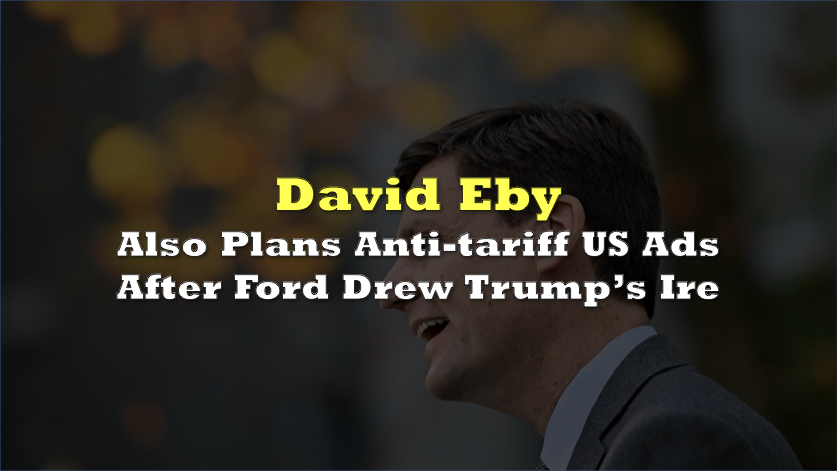



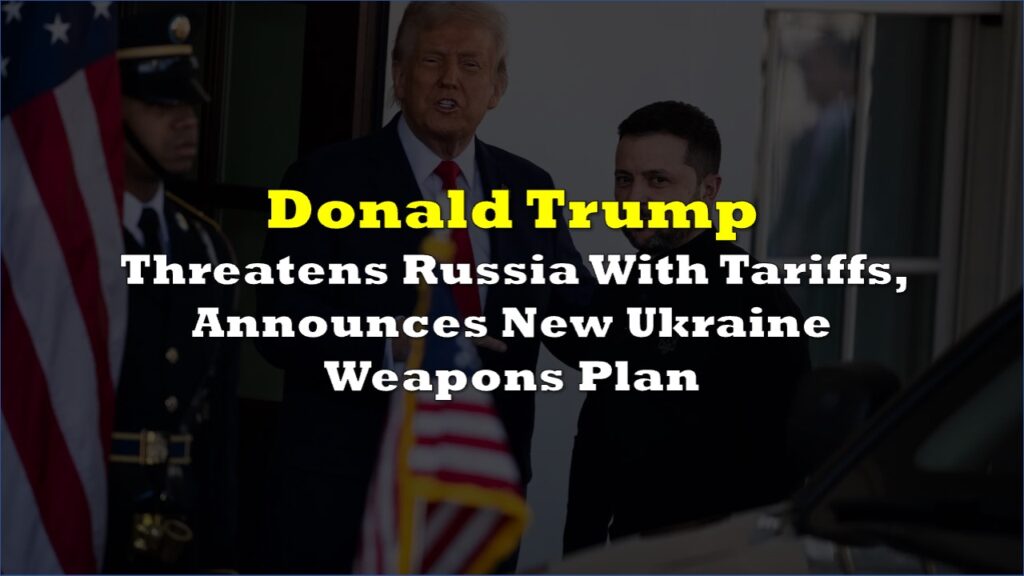
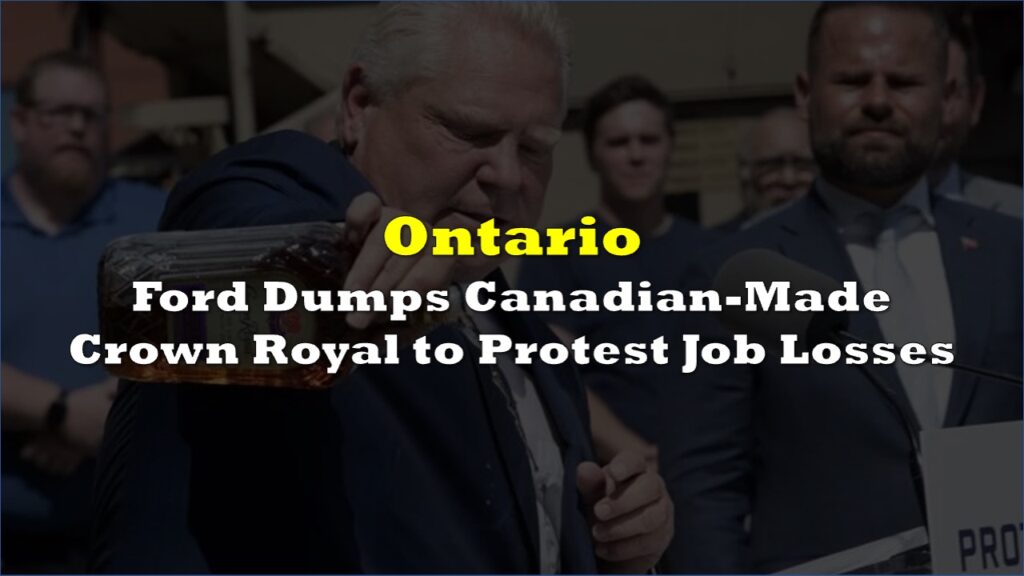
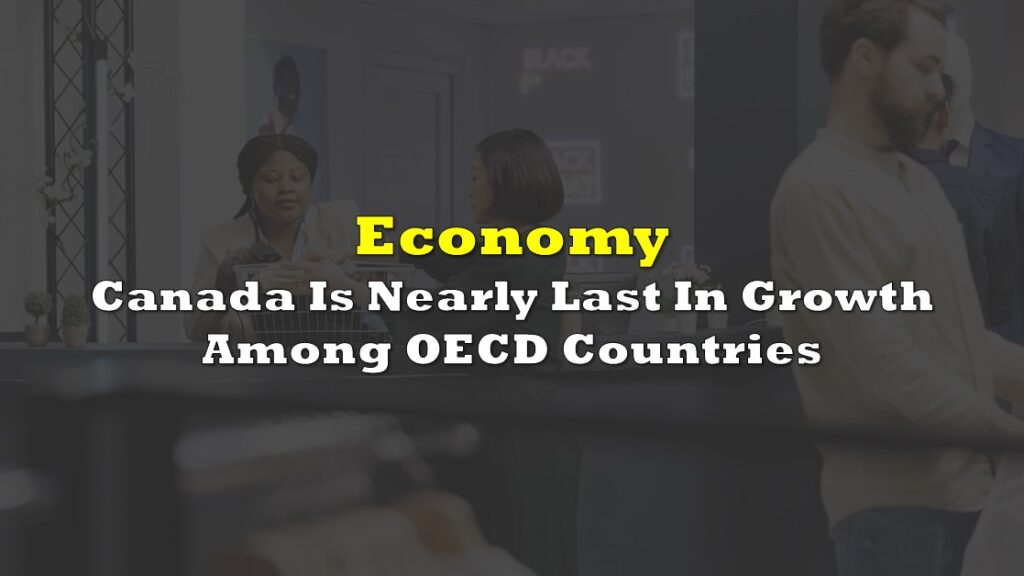

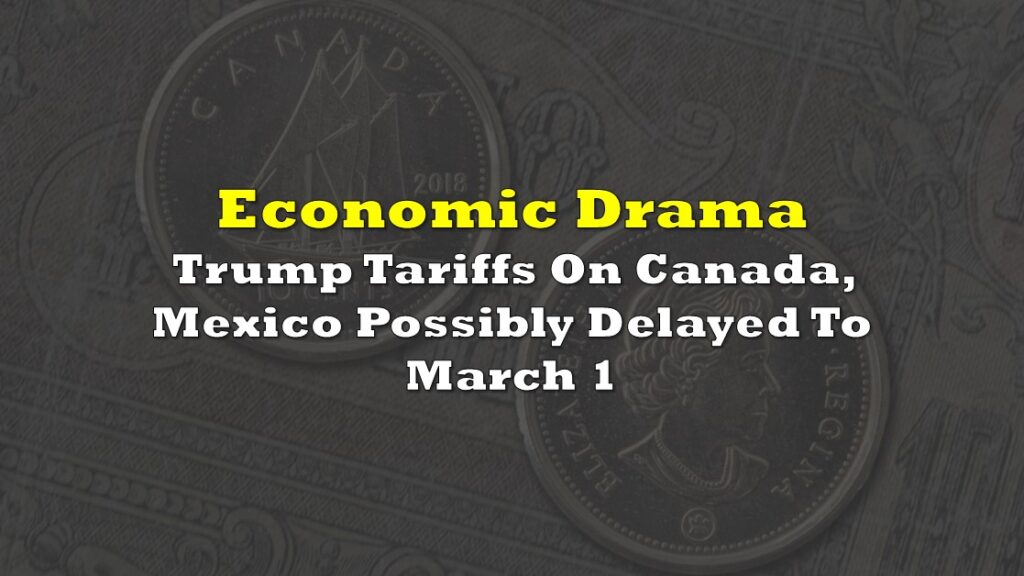
One Response
The truth hurts.